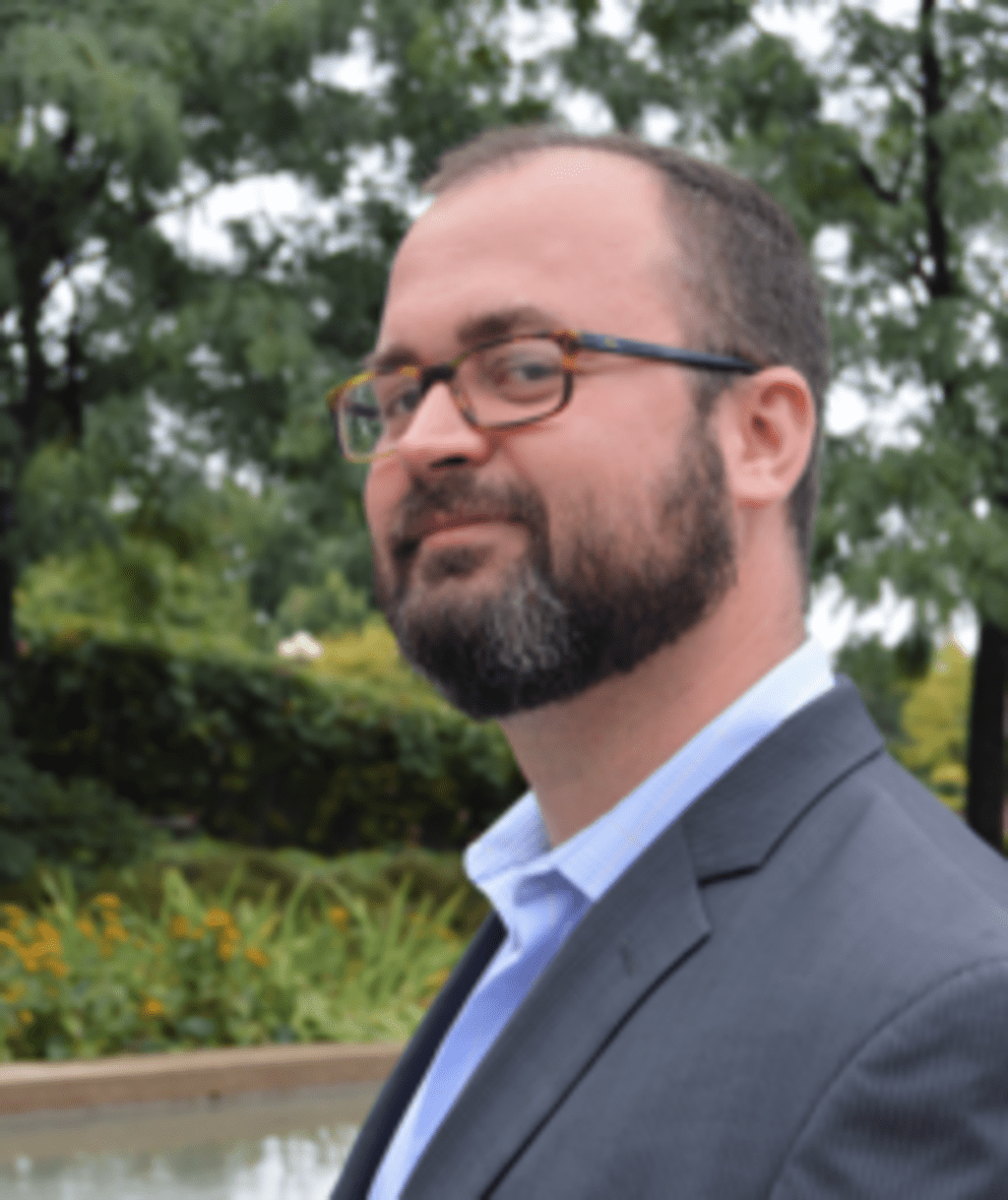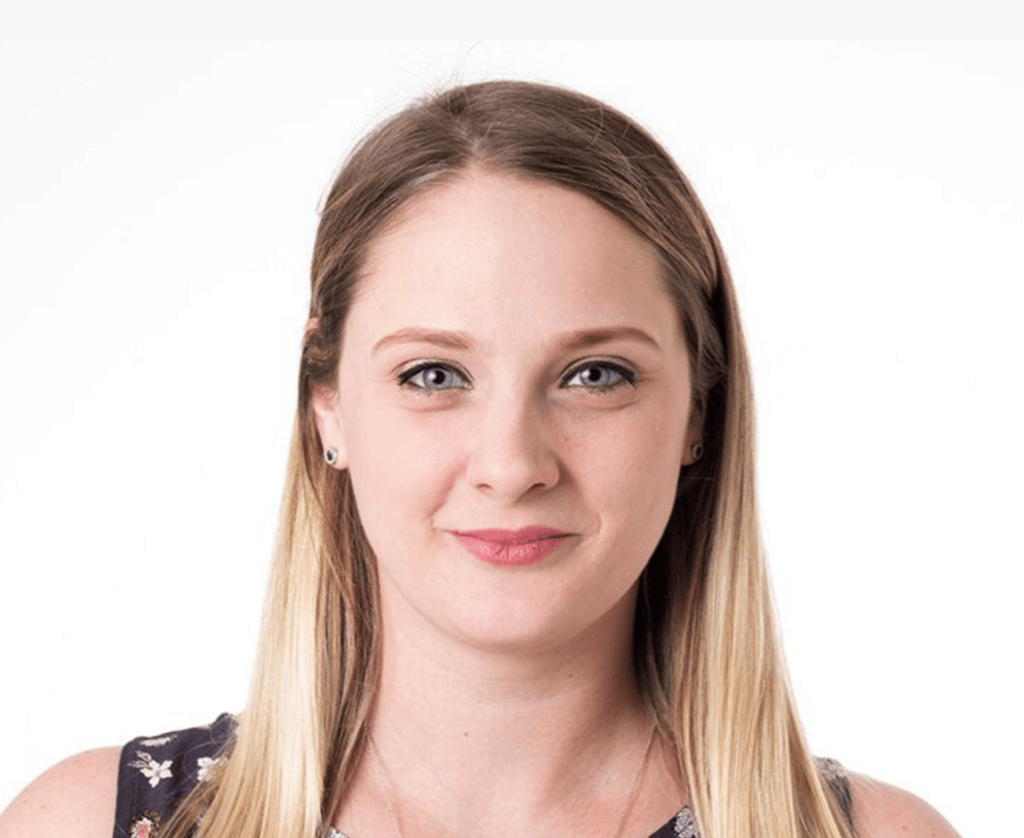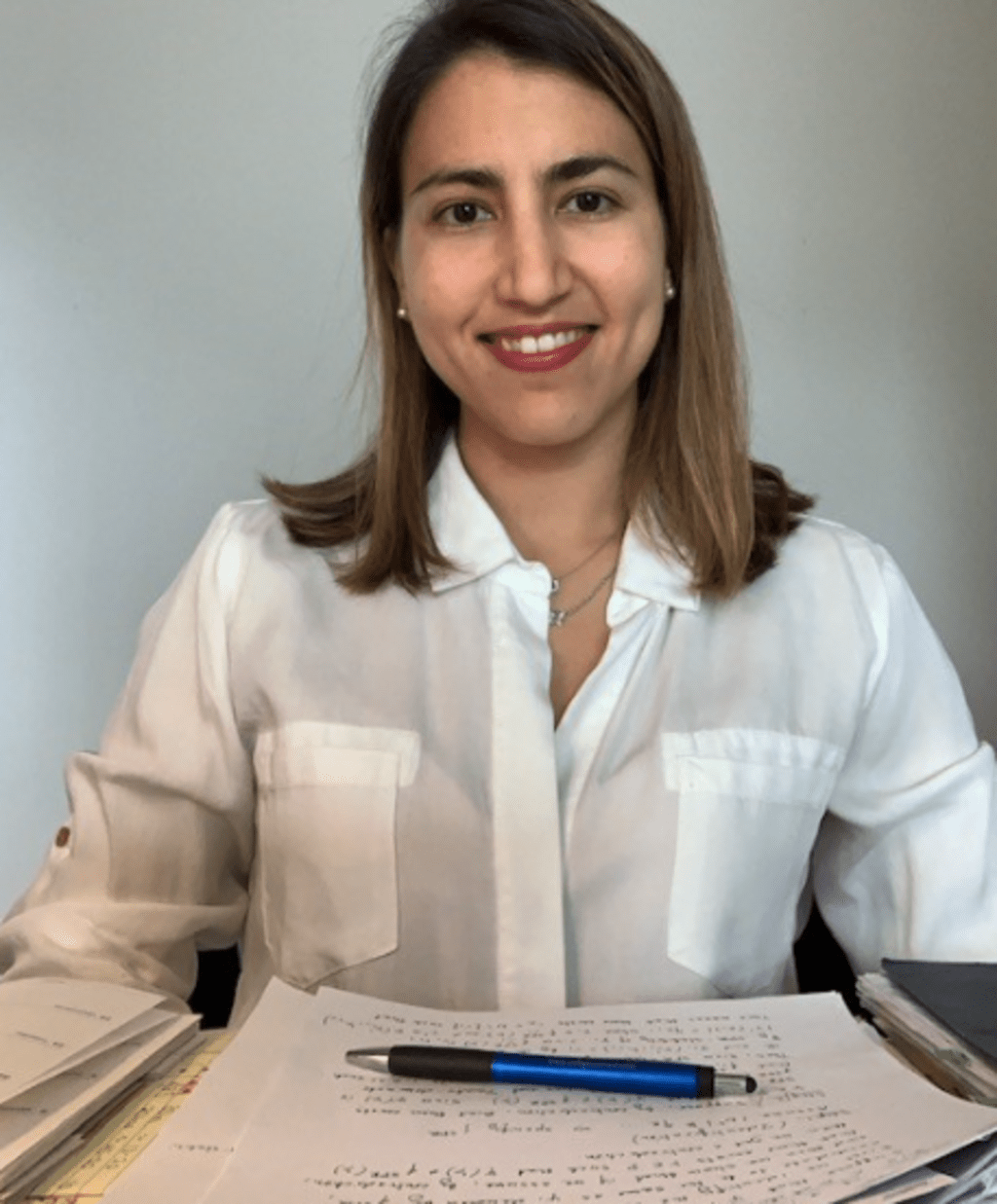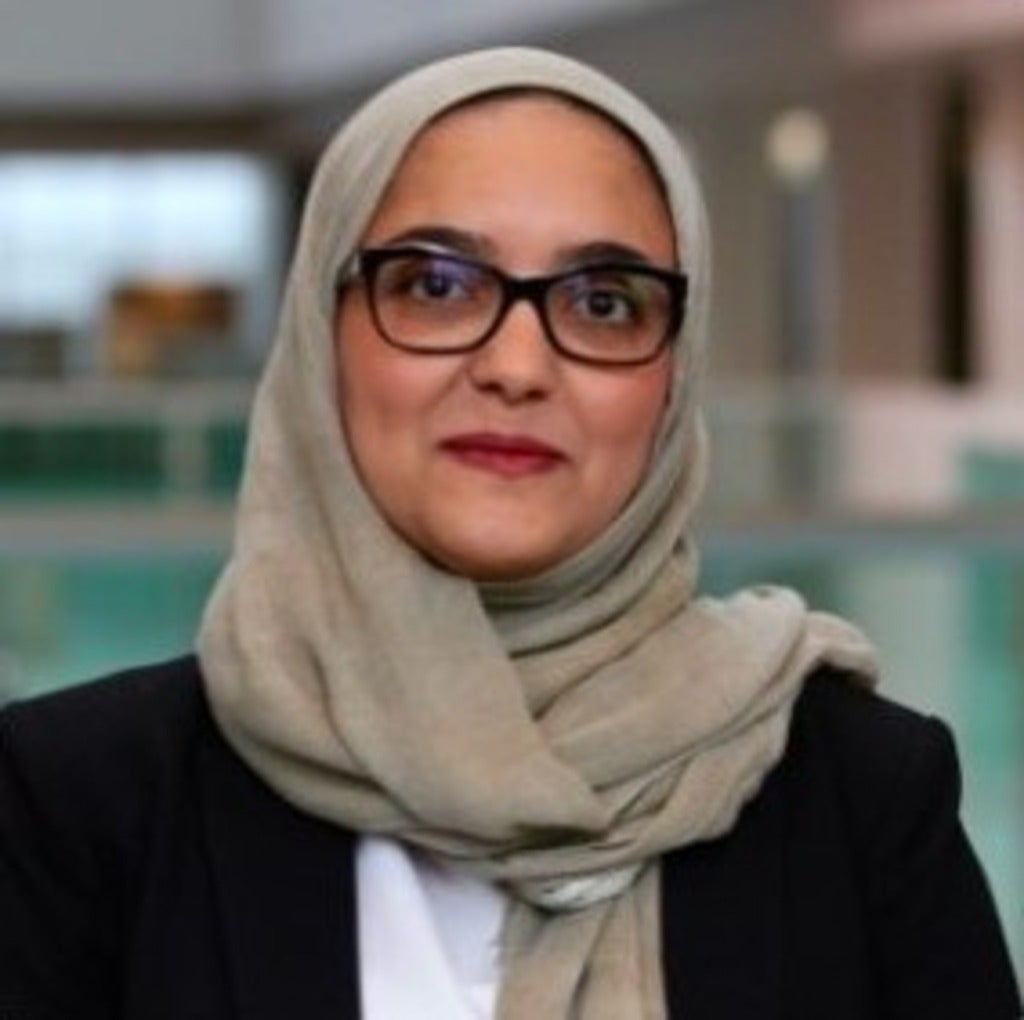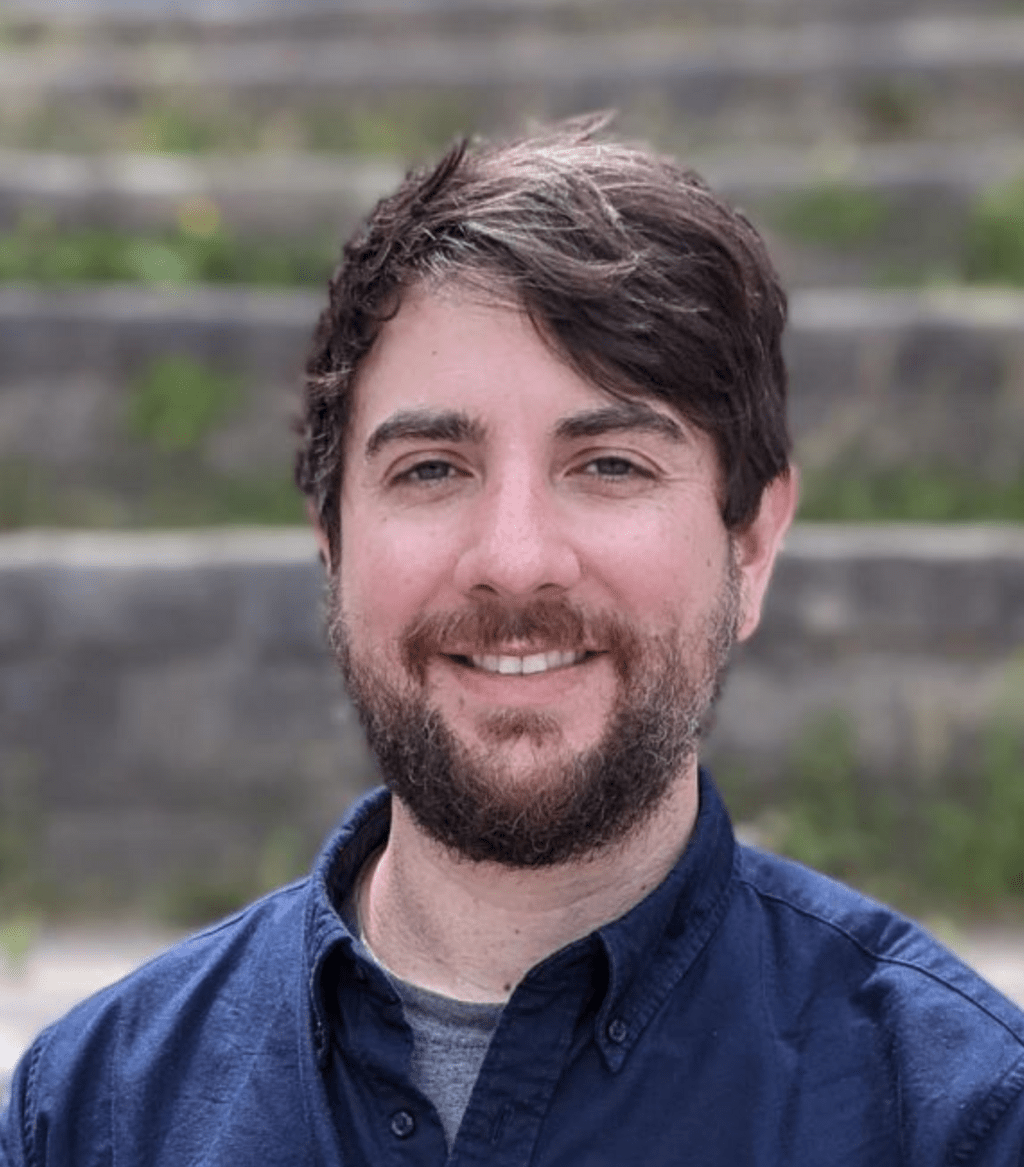Building on foundations from the Legacy Leadership Lab, WISIR Co-Director Sean Geobey led a team of researchers to support the Canadian Community Economic Development Network (CCEDNet), as an 'Ecosystem Builder partner' of the Employment and Social Development Canada (ESDC) Investment Readiness Program (IRP).
Through this project, WISIR has supported the Canadian social finance and social innovation ecosystem with:
- IRP partner convening & connecting
- Participatory peer-learning
- Inclusion and equity expertise, training and program oversight
- Principles-focused evaluation of the IRP program
- Participatory development of a national ecosystem mapping project
Learnings from IRP 2.0
The second iteration of the IRP aimed to grow and strengthen the Canadian social innovation and social finance ecosystem through more inclusive and integrated connections between social purpose organizations, networks, experts, social finance intermediaries, researchers and the government.
Unlocking the transformative potential of social finance requires a collaborative and dynamic approach. We invite you to join us as we delve into the transformative work of enhancing the self governance capacity of the social finance ecosystem in Canada through decolonial approaches to systems mapping, principles-focused evaluation, and tailored learning initiatives.
Project Team
Sean Geobey
Sean Geobey is an Associate Professor in the School of Environment, Enterprise and Development at the University of Waterloo.
His research focuses on the governance and design for collective action for social innovation, including the use of evidence in interdisciplinary decision-making, design for participatory decsion-making, and social finance.
Sergio Nava-Lara
Sergio Nava-Lara is a Postdoctoral Researcher at WISIR, supporting peer-learning for capacity building in the Investment Readiness Program. He holds a Master's degree in Social Sciences Applied to Regional Studies from the University of Quintana Roo and a PhD in Educational Innovation from Tecnologico de Monterrey.
Katey Park
Katey Park is a postdoctoral researcher leading a Principles-Focused Evaluation of the Investment-Readiness Program. Throughout this project, she is working collaboratively to develop meaningful principles for the Canadian social finance ecosystem and assess the extent to which social innovators align with these principles.
Dilek Sayedahmed
Dilek Sayedahmed is a Postdoctoral Reseacher at Waterloo Institute for Social Innovation and Resilience (WISIR), leading the systems mapping components of the Investment Readiness Program Evaluation, Mapping and Peer Learning project in partnership with the Canadian Community Economic Development Network (CCEDNet).
Leena Yahia
Leena Yahia, Postdoctoral Fellow at the Waterloo Institute for Social Innovation and Resilience (WISIR) supports the Investment Readiness Project.
Maryam Mohiuddin Ahmed
Maryam Mohiuddin Ahmed is currently the JEDI+A advocate at the Waterloo Institute for Social Innovation and Resilience, a Senior Fellow at Social Innovation Canada, a Senior Consultant at the Center for Social Innovation, and an Entrepreneur-in-Residence at Foresight Canada. She is also a PhD Candidate in Sustainability Management at the University of Waterloo’s Faculty of Environment.
Gryphon Theriault-Loubier
Gryphon Theriault-Loubier is a doctoral candidate at the University of Waterloo School of Environment, Enterprise and Development (SEED). As the program manager for Strategic Design at WISIR, Gryph works with our staff and postdoctoral researchers to find strategic alignment and opportunity within the Investment Readiness Program (IRP). Within the IRP partnership team, Gryph works in collaboration with the data and digital products teams to create a knowledge base and meaningful platforms for connection across the ecosystem. Gryph’s research focuses on the development of approaches that improve the ability of organisations to manage in complex environments. Gryph is interested in strategy, systems, design, complexity, and related fields of research.
Tara Campbell
Tara is a designer specializing in change-enabling collaborative processes. As designer-in-residence at WISIR she prototypes, facilitates, and studies collaborations on a variety of projects.
Brenda Panasiak
Brenda Panasiak is the Administrative Coordinator for the Waterloo Institute for Social Innovation and Reslience (WISIR), which became a sub-centre of the Waterloo Institute for Complexity and Innovation (WICI) in 2022.
Meg Ronson
Meg Ronson, former Innovation Lab Manager at WISIR, is a social economy mobilizer and economic development practitioner. Prior to her departure in 2023, Meg was instrumental in building partnerships essential to the successful launch of the IRP 2.0 project and provided support for WISIR's general research and development needs. Meg designed much of the infrastructure that has empowered the project team to collaborate effectively throughout this project.
